SUMMARY
This is AI generated summarization, which may have errors. For context, always refer to the full article.
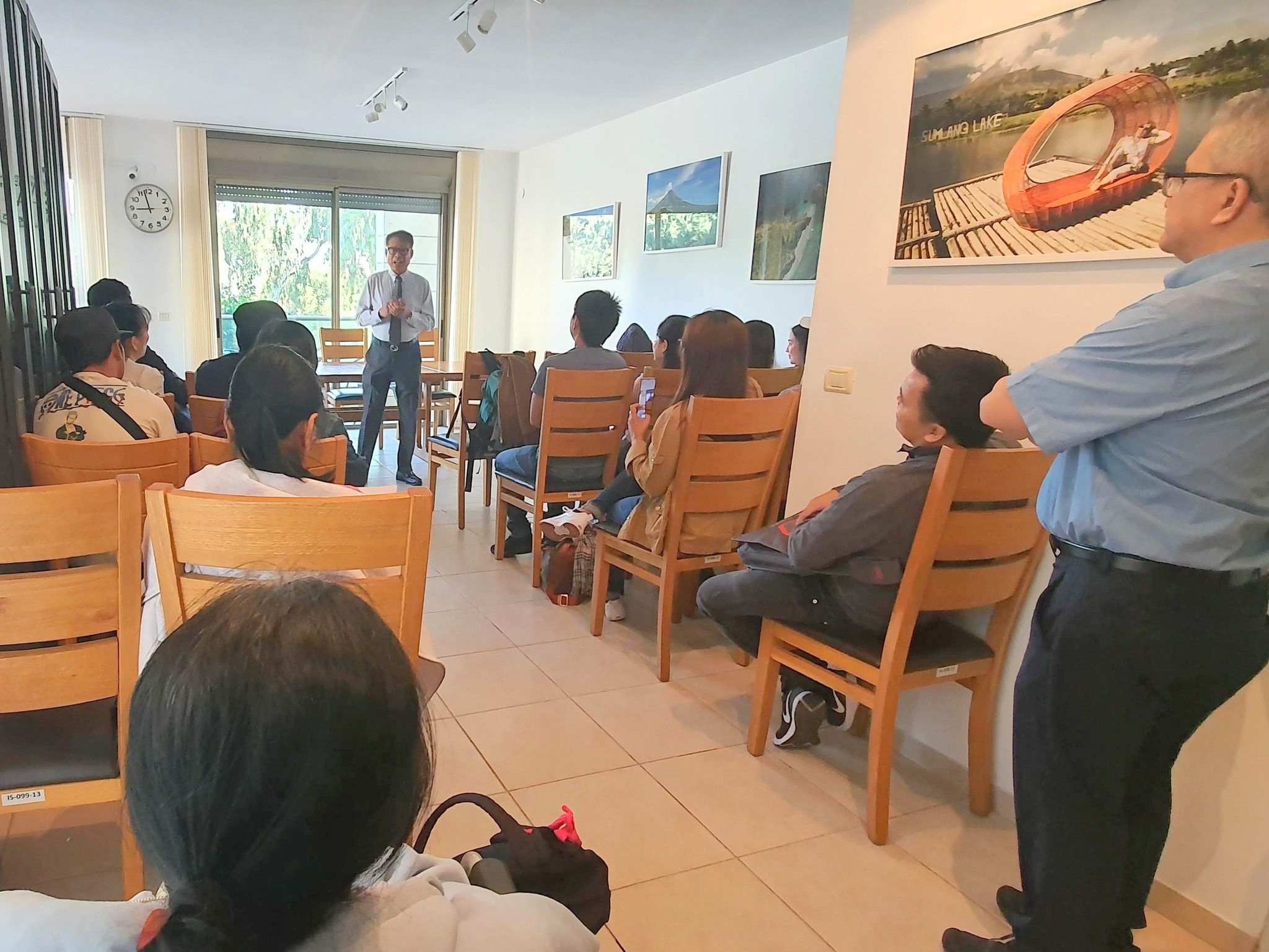
MANILA, Philippines – Weeks since war broke out in Israel and the Philippines began evacuating some of its workers there, the Department of Migrant Workers (DMW) has yet to discuss longer-term plans of continuing, or discontinuing, deployment of overseas Filipino workers (OFWs) to Israel.
“At this stage, that’s not yet being discussed,” DMW officer-in-charge Hans Cacdac said in a chance interview on Wednesday, October 25.
“Because for now, safety and security are the concerns. So what’s important right now is to monitor the well-being of OFWs in Israel… and to ensure that they are safely repatriated if they want to be repatriated,” said Cacdac.
The Philippines has repatriated at least 59 Filipinos in three batches and counting, with a fourth batch of around 20 to 25 arriving on Monday, October 30.
There were over 20,000 OFWs based in Israel, according to the DMW as of January, but few asked for repatriation. Cacdac said that the Philippine authorities were working on the repatriation for 80 to 90 remaining Filipinos who have so far expressed interest to go home.
The Department of Foreign Affairs on October 11 raised Alert Level 2 on Israel, which means non-essential movement for Filipinos is, restricted and new deployment of OFWs is not allowed. Repatriation is also optional.
The DMW is also facilitating proper separation of the Filipino workers from their employers, since majority of them are working as caregivers.
“There should be good separation with their employers so that they have something to come back to when the situation calms down. Our caregivers are devoted to their work, to their skill as a caregiver. So most likely they would still want to go back if the situation improves in Israel,” said Cacdac in a mix of English and Filipino.
Philippine authorities continue to bring welfare assistance to Filipinos who remain in evacuation centers in Israel.
The relationship Israel and Palestine has been simmering for decades involving differences in land, race, and religion. The recent attack by the Palestinian group Hamas and corresponding retaliation from Israel are seen as the worst in recent history.
>>> Unrest has brewed in Israel and Palestine for decades surrounding land, race, and religion. The recent attacks by Palestinian group Hamas and retaliations from Israel have been seen as the worst in recent history.
Still, the Philippines had been steadily deploying workers even in recent years, particularly caregivers and hotel workers.
At least four Filipinos have died as a result of the recent attacks.
The Philippines and Israel have a 2018 bilateral labor agreement with institutionalized protection and employment opportunities for Filipino hotel workers. – Rappler.com
Add a comment
How does this make you feel?
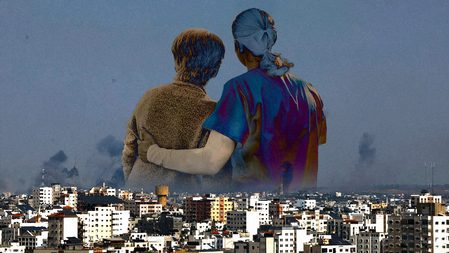



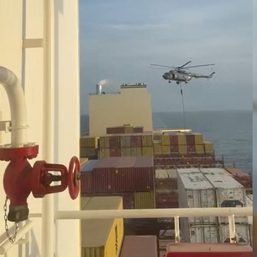
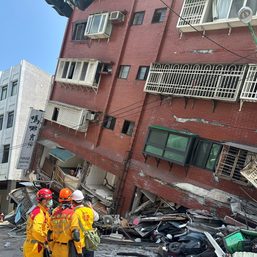

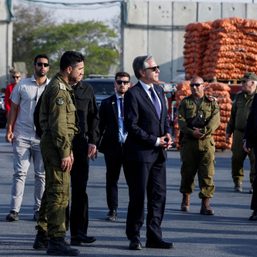
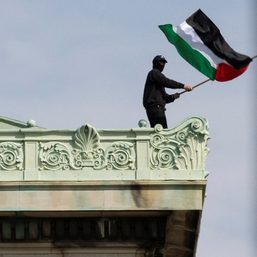
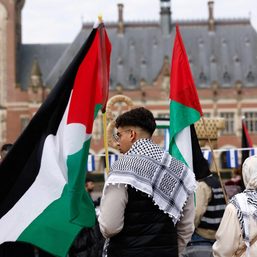
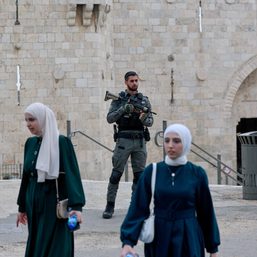
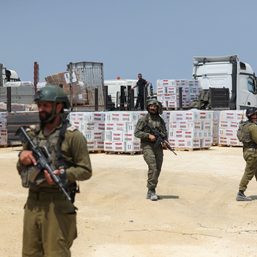

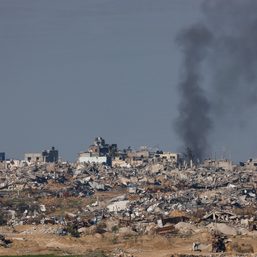

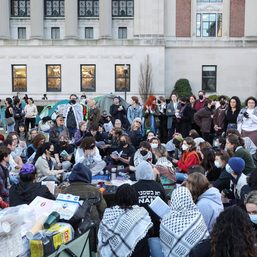
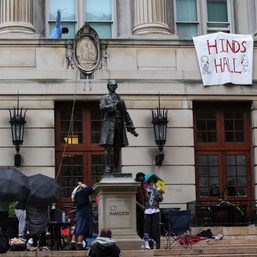
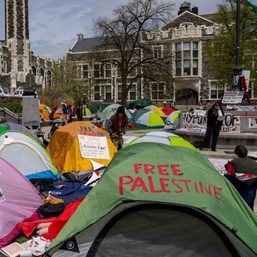
There are no comments yet. Add your comment to start the conversation.